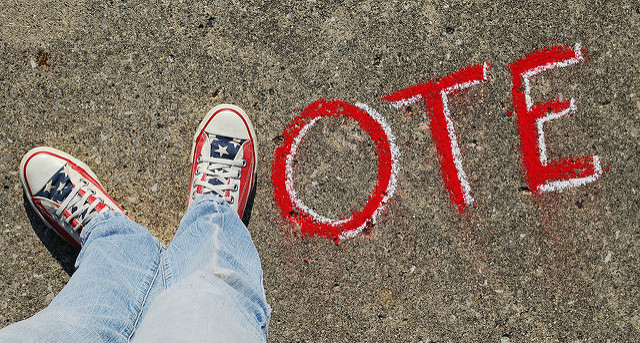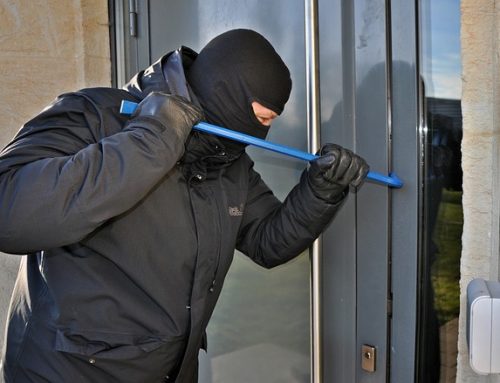This year’s presidential election is shaping up to be an interesting one. On one side, Donald Trump has recently secured enough delegates to clinch the nomination at the upcoming Republican National Convention. That means, barring any last-minute shenanigans, he’ll have a shot at the Oval Office this November. On the other side, we have the presumptive Democratic nominee Hillary Clinton. While currently mired in a scandal over her use of a private email server, most people believe it will all go away and she’ll be officially declared the Democratic Party’s candidate this summer. While people on both sides of the fence find something to be desired in their candidate, Trump’s brashness and Clinton’s intelligence are likely to provide the nation with an interesting election.
Interestingly, not everyone is going to be able to vote this November thanks to state felon disenfranchisement laws. These laws, which vary from state to state, determine when and if a felon (or ex-felon) is eligible to vote in an election. Currently, only two states in the country (Maine and Vermont) allow people currently in prison to vote in an election. All other states disallow felons from voting for a period of time.
In the State of California, inmates and parolees are ineligible to vote. However, once an inmate has served his or her sentence and completed the terms of their parole, their voting rights are typically reinstated. Offenders who are currently on probation are allowed to vote. In 12 other states, felons are not so lucky. Those who have finished their sentences and been released from probation or parole are still denied voting rights. In Florida, Iowa, Kentucky and Virginia, voting rights can only be restored via an individual petition and government intervention.
Attorney General Eric Holder has asked the states to revise their felon disenfranchisement laws because continuing to stigmatize ex-offenders tends to lead to recidivism.






